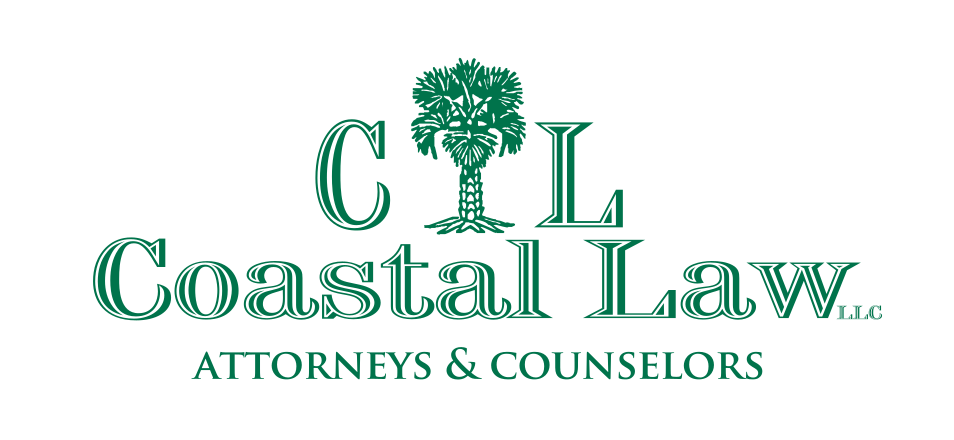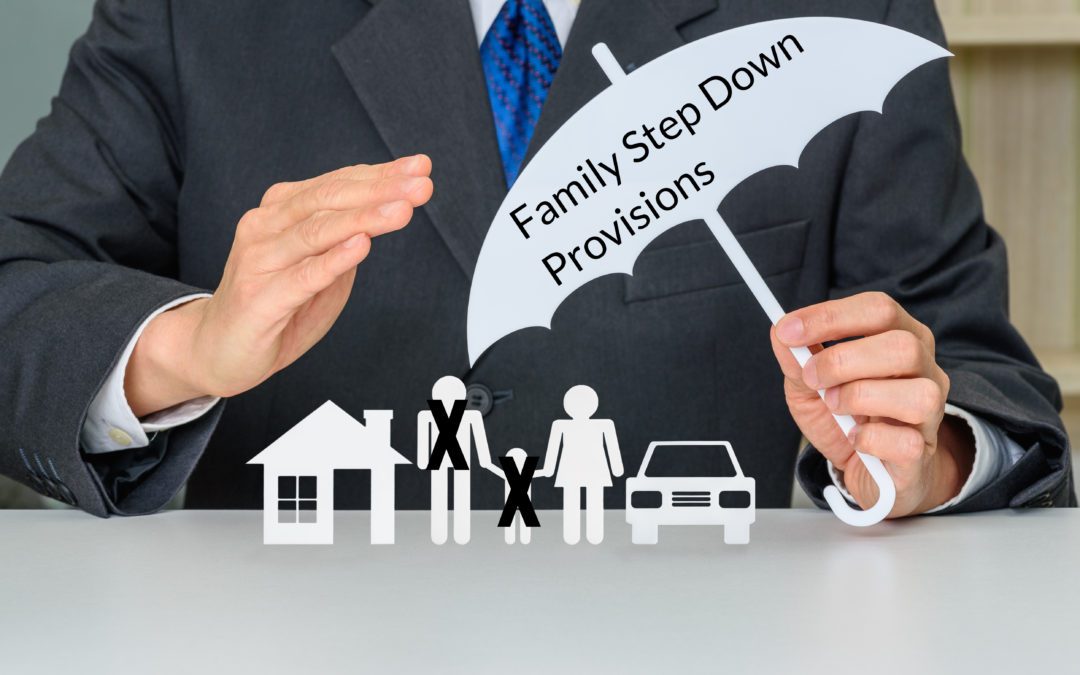Imagine both of your parents are killed in an auto accident, and, when you file the insurance claim, the insurance company informs you that, because you own the policy and they are your family members, they are going to settle your claim for the statutory minimum of $15,000 instead of the $100,000 that you contracted for and for which you’ve been paying premiums.
Amidst the pain, confusion, and chaos of a family tragedy, the insurance company does what insurance companies do – deny, delay, and defend, adding insult to injury and further harming your family instead of paying a valid claim.
Can the insurance company include a “step-down provision” in your auto insurance policy that limits coverage if a family member is injured? What if the driver was fleeing law enforcement and crashed? Although the legislature and the SC Supreme Court have said no, insurance companies keep trying…
Step-Down Provisions are Void and Against Public Policy
A “step-down provision” is a clause in an insurance policy that “steps down” or reduces coverage for a certain class of persons – like family members – from the agreed-upon coverage to the statutory minimum coverage.
In 1997, the SC legislature passed SC Code Section 38-77-142 – which prohibits step-down provisions in auto insurance policies and, if the insurance company includes them anyway, declares that the step-down provisions are void and unenforceable.
Family Step-Down Provisions are Void
True to form, insurance companies continued to include step-down provisions in their policies that limit coverage and continued attempting to enforce them. In 2014, the SC Supreme Court held, in Williams v. Geico, that, pursuant to Section 38-77-142, “family step-down provisions” are void, and Geico cannot limit family members’ claims to the statutory minimum of $15,000 when the policy provides coverage of $100,000:
In viewing the plain wording of section 38-77-142, we find subsections (A) and (B) require a policy for liability insurance to contain a provision insuring the named insureds and permissive users against liability for damage incurred “within the coverage of the policy…” Finally, subsection (C) provides that no policy provision may limit or reduce the coverage required by this section, which refers to section 38-77-142, or else it is void.
Any provision in an auto insurance policy that attempts to “step-down” coverage for named insureds or permissive users is void because it is against public policy and it is void because the clear, unambiguous language of Section 38-77-142 prohibits the practice.
SC Code Section 38-77-142
What does Section 38-77-142 say?
First, it mandates that every insurance policy in the State of SC must insure 1) the named insured and 2) anyone using the vehicle with express or implied permission:
No policy or contract of bodily injury or property damage liability insurance covering liability arising from the ownership, maintenance, or use of a motor vehicle may be issued or delivered in this State to the owner of the vehicle or may be issued or delivered by an insurer licensed in this State upon a motor vehicle that is principally garaged, docked, or used in this State unless the policy contains a provision insuring the named insured and any other person using or responsible for the use of the motor vehicle with the expressed or implied consent of the named insured against liability for death or injury sustained or loss or damage incurred within the coverage of the policy or contract as a result of negligence in the operation or use of the vehicle by the named insured or by any such person.
Next, it states in subsection (C) that any provision in the policy that attempts to limit or reduce the coverage required in the paragraph above is void and unenforceable:
Any endorsement, provision, or rider attached to or included in any policy of insurance which purports or seeks to limit or reduce the coverage afforded by the provisions required by this section is void.
That should have been the end of the discussion, right?
There’s a law that is clearly written that says no step-down provisions, and then the SC Supreme Court took the time to carefully explain to all insurance companies that the law really does say no step-down provisions and that the law really does apply to them…
Flight from Law Enforcement and Felony Step-Down Provisions are Void
This year, the SC Supreme Court revisited the issue again because, you guessed it, insurance companies are still attempting to enforce step-down provisions in auto policies. In Nationwide v. Walls, the Supreme Court held that “flight from law enforcement” and “felony” step-down provisions are, in fact, step-down provisions, even if the insurance company wants to call them “exclusions,” and, yes, they are still void.
In Walls, Nationwide provided coverage of $100,000 per person and $300,000 per occurrence, but the policy also contained a provision limiting coverage to the statutory minimum when the injury or property damage was caused while 1) committing a felony or 2) fleeing a law enforcement officer.
When three passengers were injured in a vehicle that crashed after a high-speed chase by police, Nationwide limited their recovery pursuant to the (illegal) “flight from law enforcement step-down provision,” but the SC Supreme Court again disagreed:
Here, like GEICO’s family step-down provision in Williams, Nationwide’s provisions reduce coverage from the contracted-for policy limit of $300,000 per occurrence to the statutory minimum of $50,000 per occurrence for insureds when they are injured while either fleeing from law enforcement or engaging in a felony. In light of our interpretation of section 38-77-142(C) in our Williams decision, Nationwide’s step-down provisions are void.
The law says that any step-down provisions are void, and it does not matter if it is a family member, flight from law enforcement, or extra-terrestrial step-down provision. The SC Supreme Court has now published at least two opinions on the issue.
If your auto insurance policy contains a step-down provision like the ones discussed above, you should know that it is void, it is unenforceable, there has been a law on the books since 1997 that says it is void, the courts have told your insurance company multiple times that it is void and unenforceable, and, at this point, it should be the basis for an insurance bad faith claim if your insurance company attempts to deny or limit your claim based on any step-down provision.
Auto Accident Lawyers in Myrtle Beach, SC
If an insurance company has denied your claim or tried to low-ball a settlement, you can find yourself faced with mounting medical bills, missed wages, and other costs. Your Myrtle Beach personal injury lawyer at Coastal Law will meet with you and help you to make your claim against the insurance company or file a personal injury lawsuit so that you can get paid.
Call us now at (843) 488-5000 or fill out our online form to schedule a free initial consultation and review of your case.


